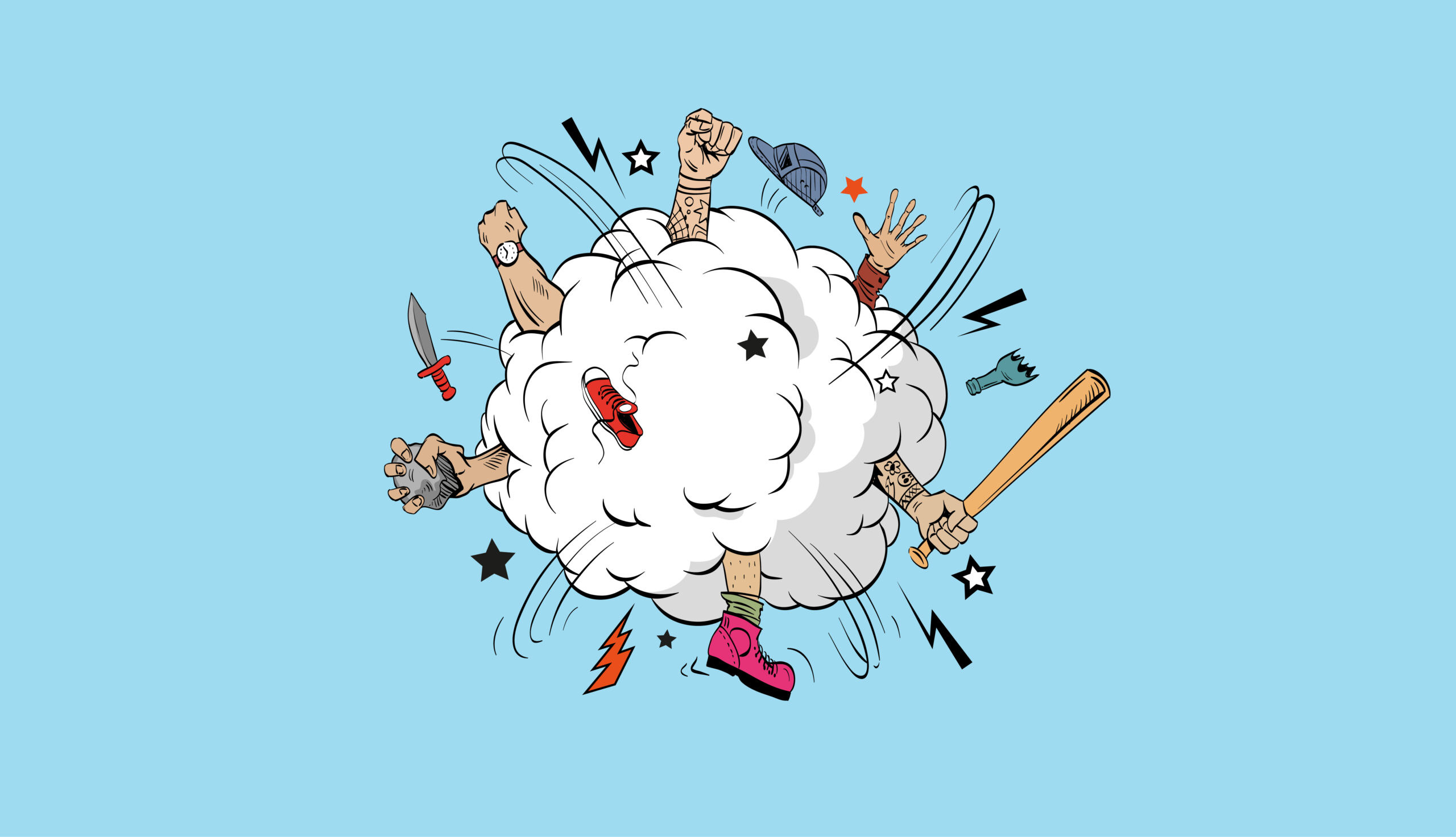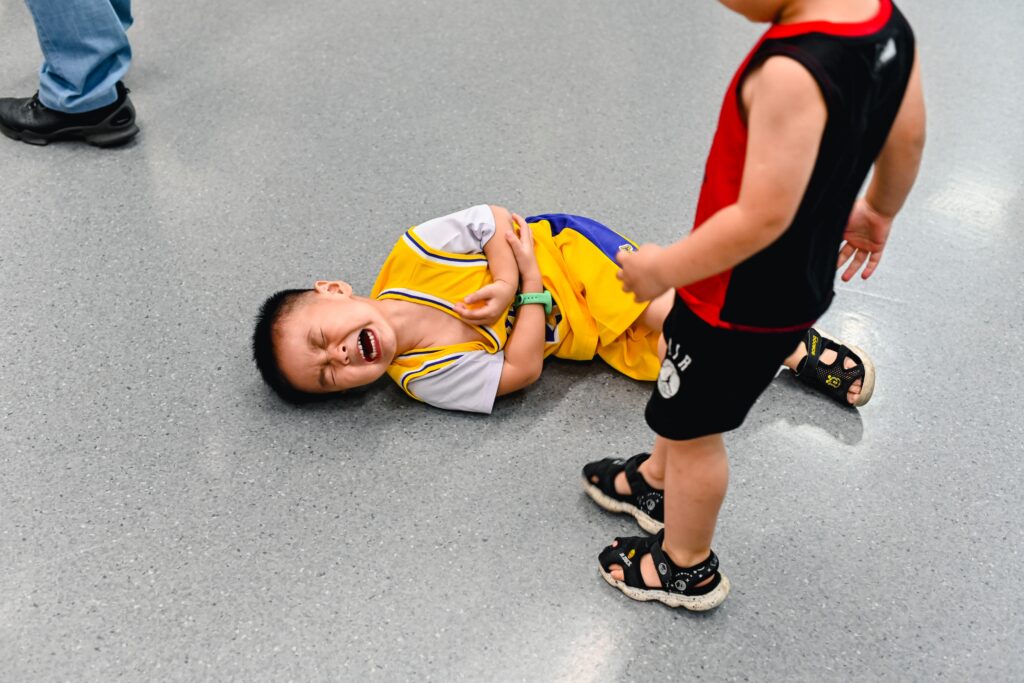Your cart is currently empty!

The Elusive Quest for Paraunity: Challenges in the Paranormal Community
The paranormal community is a diverse and eclectic group of individuals who share an interest in exploring the unexplained, the mysterious, and the supernatural. Despite their common passion, achieving paraunity, or unity within this community, remains a formidable challenge. This essay will delve into the numerous reasons why paraunity in the paranormal community appears elusive and explore the complex dynamics that hinder its realization.
The paranormal community encompasses a wide spectrum of belief systems, from skeptics who approach phenomena with a scientific mindset to ardent believers in the supernatural. This diversity in belief systems is a fundamental obstacle to paraunity, as it often leads to clashes and disagreements. Skeptics might view believers as gullible, while believers may perceive skeptics as close-minded. Bridging these gaps in belief systems is a daunting task.
A major challenge within the paranormal community is the persistent lack of empirical evidence to support many paranormal claims. While individuals may passionately hold their beliefs, the absence of concrete proof makes it difficult to convince skeptics or unify the community around specific paranormal phenomena. Without a solid evidentiary foundation, paraunity remains a distant goal.
Pseudoscience is rampant within the paranormal community, with many individuals and organizations promoting unverified or unfalsifiable claims. This proliferation of pseudoscientific ideas can tarnish the reputation of the entire community and create divisions among its members. Achieving paraunity is hindered by the need to distinguish genuine scientific inquiry from pseudoscientific practices.
The paranormal community has become a lucrative industry, with books, television shows, and merchandise capitalizing on the fascination with the supernatural. Commercial interests often prioritize profit over truth, leading to sensationalism and misinformation. Paraunity is further compromised when financial gain takes precedence over genuine investigation and collaboration.
Within the paranormal community, factions and cliques often form around specific beliefs, theories, or investigators. These factions can become insular and resistant to external perspectives, hindering the free exchange of ideas. Achieving paraunity is challenging when these groups view each other with suspicion or rivalry.
Skepticism is a healthy aspect of any investigative community, including the paranormal one. However, extreme skepticism can become a roadblock to paraunity. Hardcore skeptics may dismiss all paranormal claims outright, making it difficult to engage in constructive dialogue or collaboration with believers.
The presence of charlatans and hoaxers within the paranormal community undermines its credibility. Individuals who fabricate evidence or engage in fraudulent activities tarnish the reputation of the entire community. Building trust and unity is challenging when skepticism and cynicism arise due to these deceptive practices.
Unlike more established scientific fields, the paranormal community lacks standardized methodologies and protocols for investigating phenomena. This lack of standardization leads to inconsistencies in research approaches, making it difficult to compare findings or establish a unified framework for understanding the paranormal.
Beliefs and experiences related to the paranormal are often influenced by cultural and regional factors. What may be considered paranormal in one culture might be considered entirely mundane in another. These variations create challenges in achieving paraunity, as cultural biases can lead to misinterpretation and disagreement.
Many individuals in the paranormal community are deeply emotionally invested in their beliefs and experiences. These personal connections make it challenging to engage in open-minded and objective discussions. Emotions can cloud judgment and hinder the pursuit of evidence-based inquiry.
Confirmation bias, the tendency to seek out and interpret information that confirms one’s existing beliefs, is prevalent within the paranormal community. This cognitive bias reinforces existing beliefs and can create echo chambers where dissenting views are dismissed. Overcoming confirmation bias is crucial for paraunity.
Mainstream scientific institutions often dismiss paranormal phenomena, relegating them to the fringes of scientific inquiry. This lack of institutional support hinders the development of rigorous research methods and peer-reviewed studies within the paranormal community, making it difficult to gain wider acceptance and unity.
Individuals in the paranormal community often face stigmatization from society at large. The ridicule and skepticism they encounter can foster a defensive and insular mentality, making it difficult to engage with skeptics or work towards paraunity.
Effective communication is essential for building unity within any community. In the paranormal community, miscommunication can arise due to differences in terminology, methodology, and interpretation of experiences. These miscommunications can lead to misunderstandings and further divide the community.
A key element of paraunity is collaboration among individuals and groups within the paranormal community. Unfortunately, collaboration is often hindered by competition for recognition, disagreements over methodologies, and disputes over credit for discoveries.
Despite these formidable obstacles, some individuals and organizations within the paranormal community continue to strive for greater unity and credibility. While paraunity may remain elusive, efforts to improve the rigor of investigations, promote critical thinking, and foster respectful dialogue are essential steps toward a more cohesive and credible paranormal community. Whether or not paraunity can ever be fully realized, the pursuit of understanding the unknown remains a driving force for many within this diverse and complex field.
At the end of the day, the whole idea behind the paranormal has absolutely nothing to do with individuals egos or group dynamics. We are here to find the truth about life after death. Paraunity is a novel concept, but that concept takes away from the fundamental goals of the community as a whole. This is not to say that being cordial isn’t okay. Manners go a long way.





 designed and developed by
designed and developed by